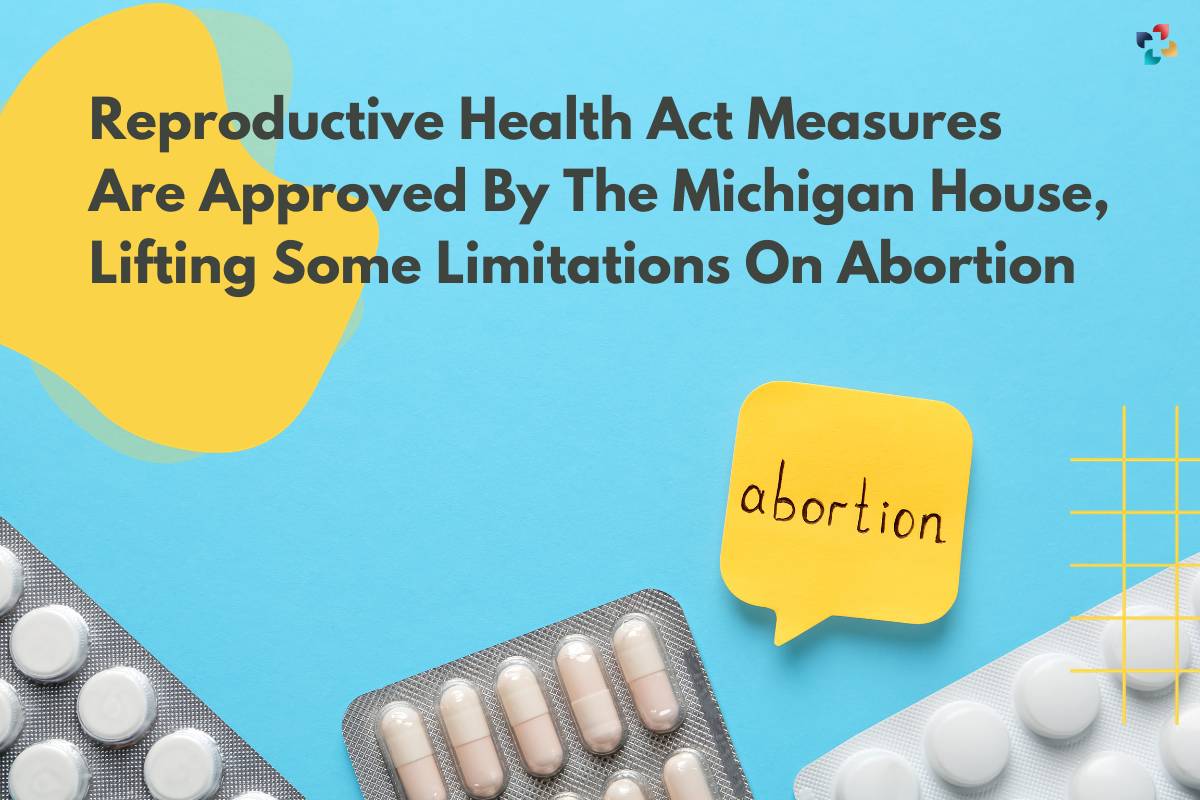During a late-night meeting on Wednesday, Michigan House Democrats marked off a significant item on their agenda when they cast party-line votes in favour of several proposals that would increase access to abortion in the state. These bills are collectively referred to by their supporters as the Reproductive Health Act.
The bills expand on the reproductive freedom constitutional amendment that Michigan voters approved last year. They eliminate the state’s prohibition on “partial-birth” abortions, do away with the need for patients to pay for extra coverage beyond their regular insurance, and update references to Michigan laws to reflect the state’s new abortion laws.
Rep. Joe Tate, a Democrat from Detroit, stated on social media following the vote, “We promised to put people first and protect reproductive rights when we started the 102nd Legislature.” “Now, the people’s House just delivered on the Reproductive Health Act to keep abortion accessible and affordable for generations to come.”
However, once the Reproductive Health Act was introduced in August, House Democrats were unable to move forward with all of the initial legislation that was suggested. Bills to eliminate the 24-hour waiting period before an abortion and to let Medicaid pay for abortions were not put to a vote by lawmakers. Rep. Karen Whitsett, a Democrat from Detroit, has previously stated that she opposes letting Medicaid patients use the program’s funds to obtain abortions.
Whitsett said the plans to eliminate the 24-hour waiting time and provide Medicaid-funded abortions were “going a bit far.” She supported Proposal 3 and voted along with the rest of the Democratic caucus to pass the legislation on Wednesday night.
We call the 24-hour waiting period “informed consent.”
A coalition of organisations that support abortion rights, including Reproductive Freedom For All Michigan and Planned Parenthood Advocates of Michigan, said in a statement that the legislation passed by lawmakers on Wednesday was “watered-down” because it did not include provisions for Medicaid or informed consent.
“Electors have repeatedly sent elected officials a clear message: eliminate needless limitations on access to abortion that only create obstacles to treatment. And yet, this chamber just approved a watered-down version of the Reproductive Health Act that lacks important policy reforms that are both much needed and broadly supported by voters throughout the state, all because of one Michigan House member’s heedless opposition to this important legislation, the statement said.
The House Democrats, who have a 56-54 majority, needed Whitsett’s support. Republican members criticised the Wednesday voting plans and voted against all of the bills in the Reproductive Health Act package.
Michigan activists call for Reproductive Health Act
After voters approved Proposal 3, a referendum question enshrining the right to reproductive freedom, including abortion, in the state constitution, Michigan’s abortion laws underwent a significant shift last year. Prior to that, the availability of abortion services in Michigan was somewhat uncertain, mostly as a result of the landmark Roe v. Wade decision that had previously safeguarded abortion access nationwide being overturned by the U.S. Supreme Court in June 2022. Access to abortion became a problem at the state level following the repeal of Roe. An abortion prohibition that had lain dormant since 1931 was brought back to life in Michigan by a court order.
Governor Gretchen Whitmer praised the House-approved measure and mentioned additional potential modifications to Michigan’s current abortion regulations in a statement given to the Free Press.
“This measure protects our individual liberties and expands access in significant ways. Whitmer declared, “We will keep working to make sure Michiganders have access to the quality reproductive health care they deserve.”
Before Whitmer can sign the legislation into law, they must still pass the Michigan Senate.
Also Read: A California Healthcare Provider’s Action Highlights Medicare Advantage’s Drawbacks









